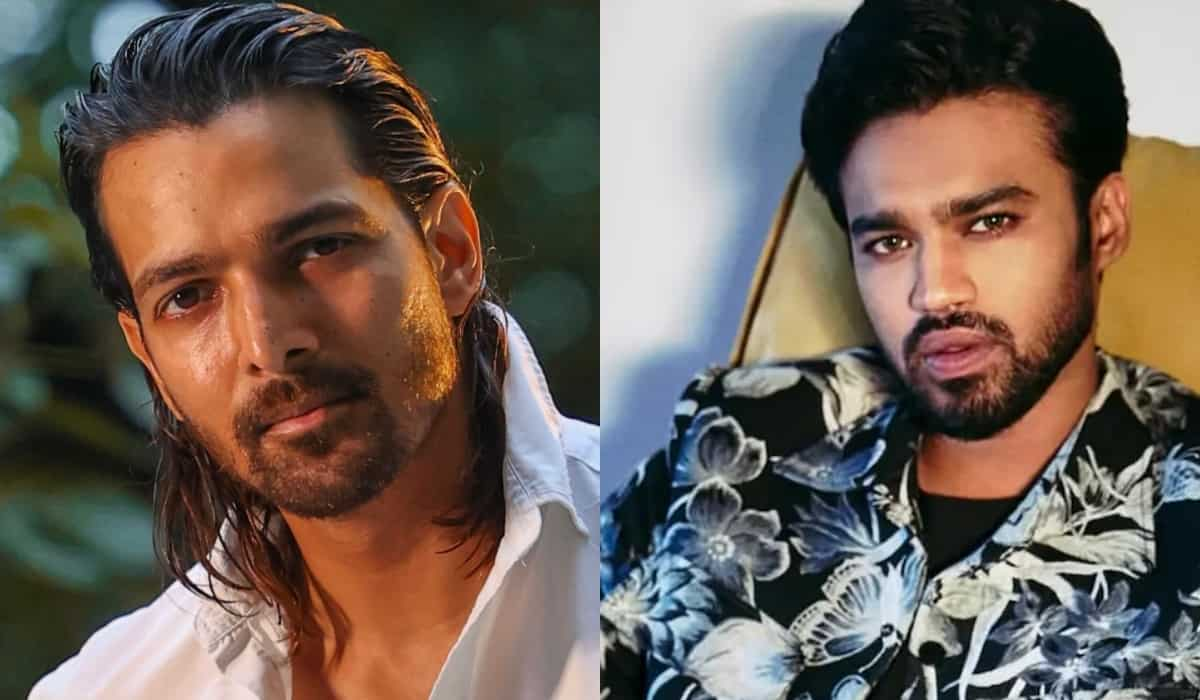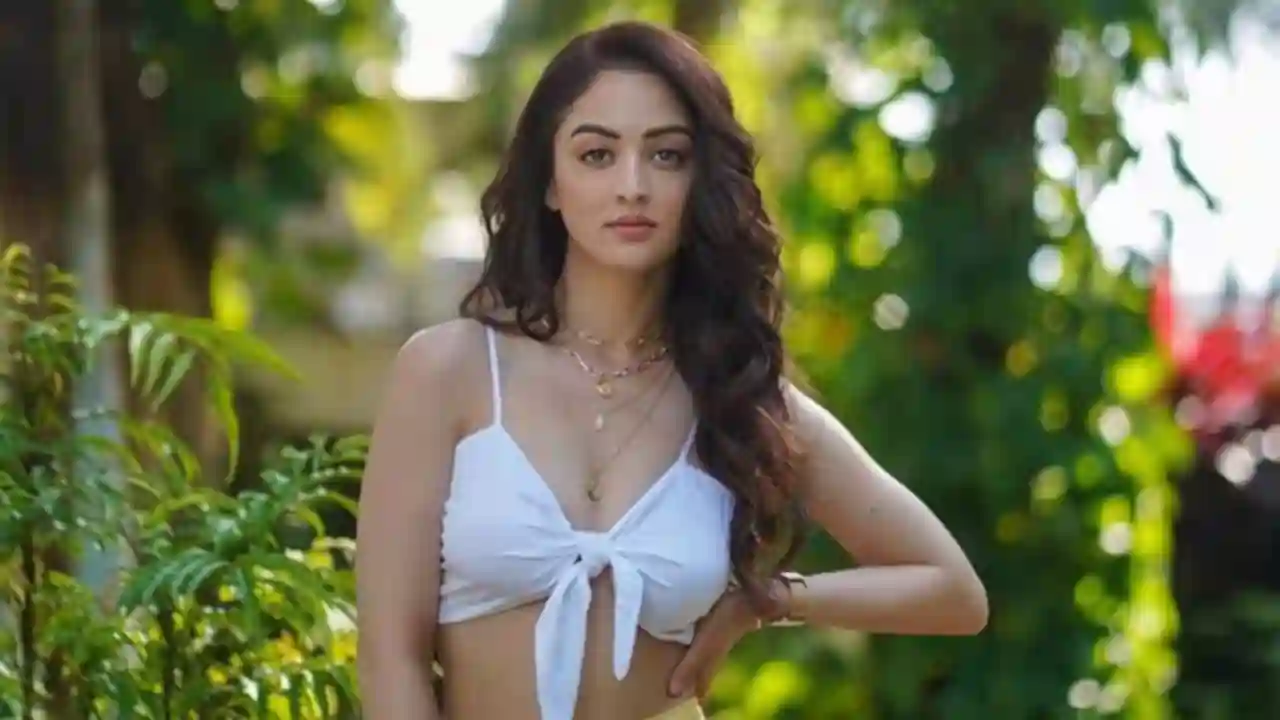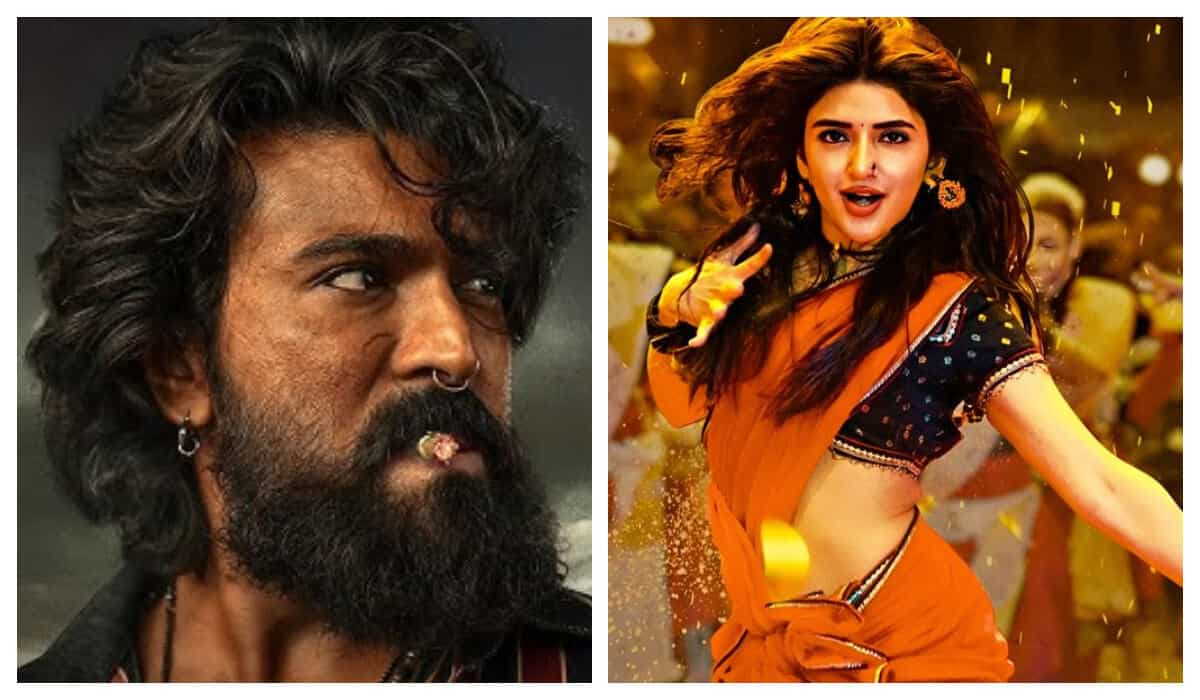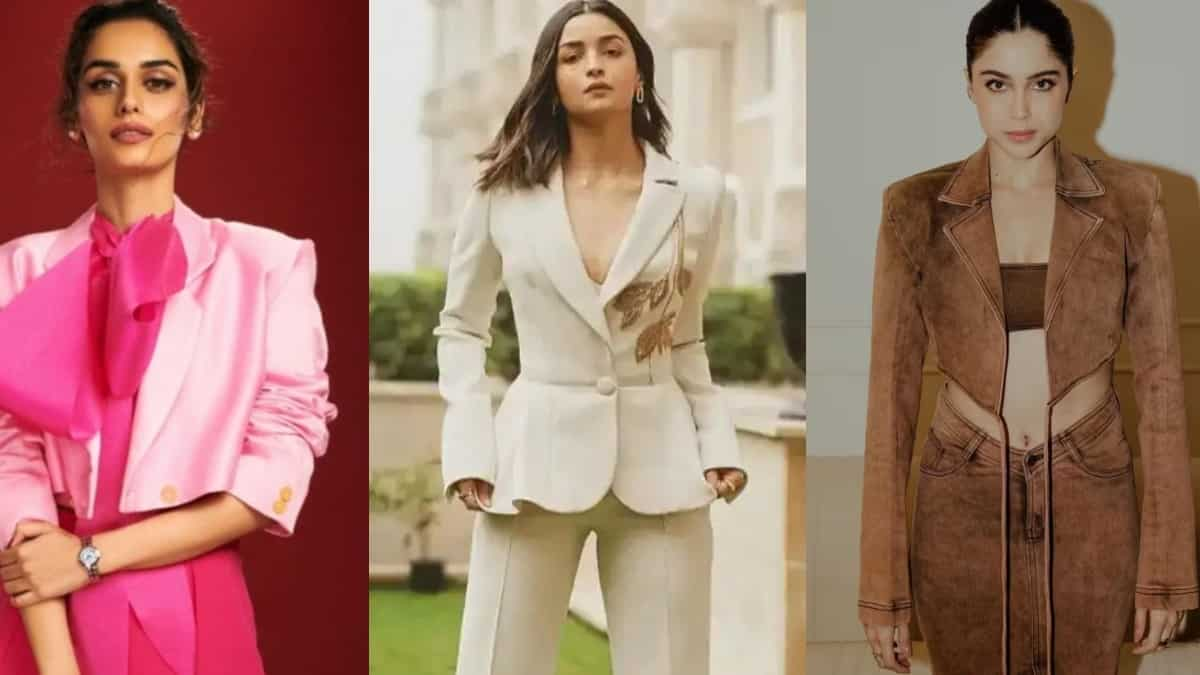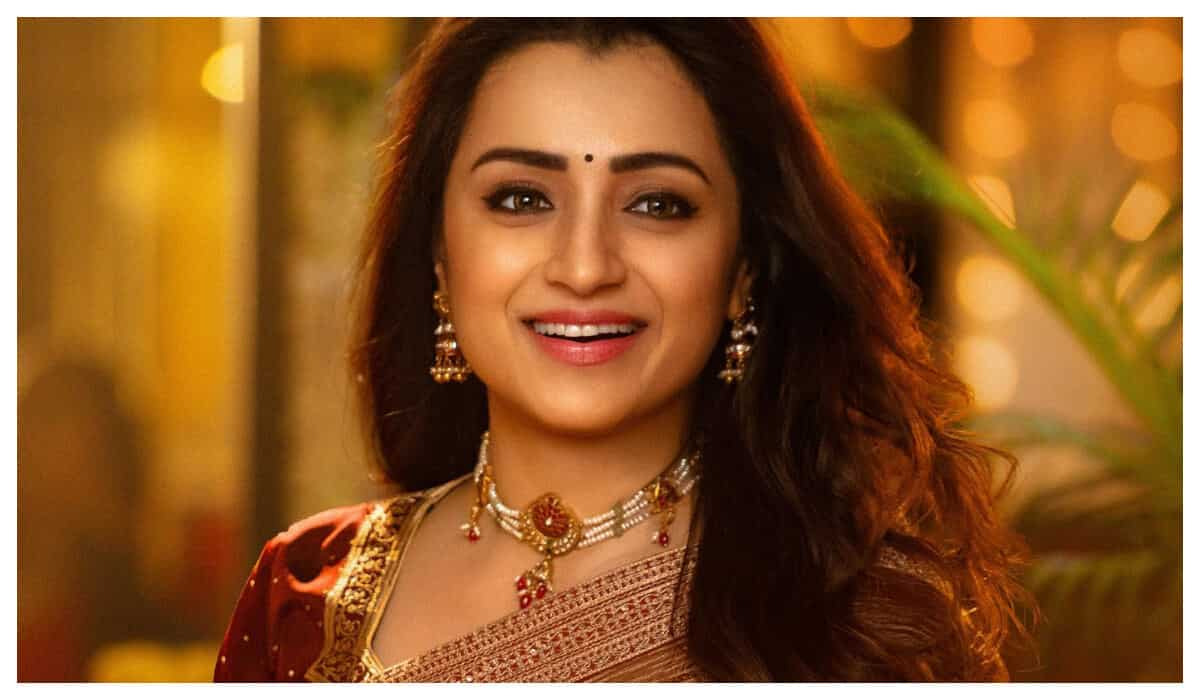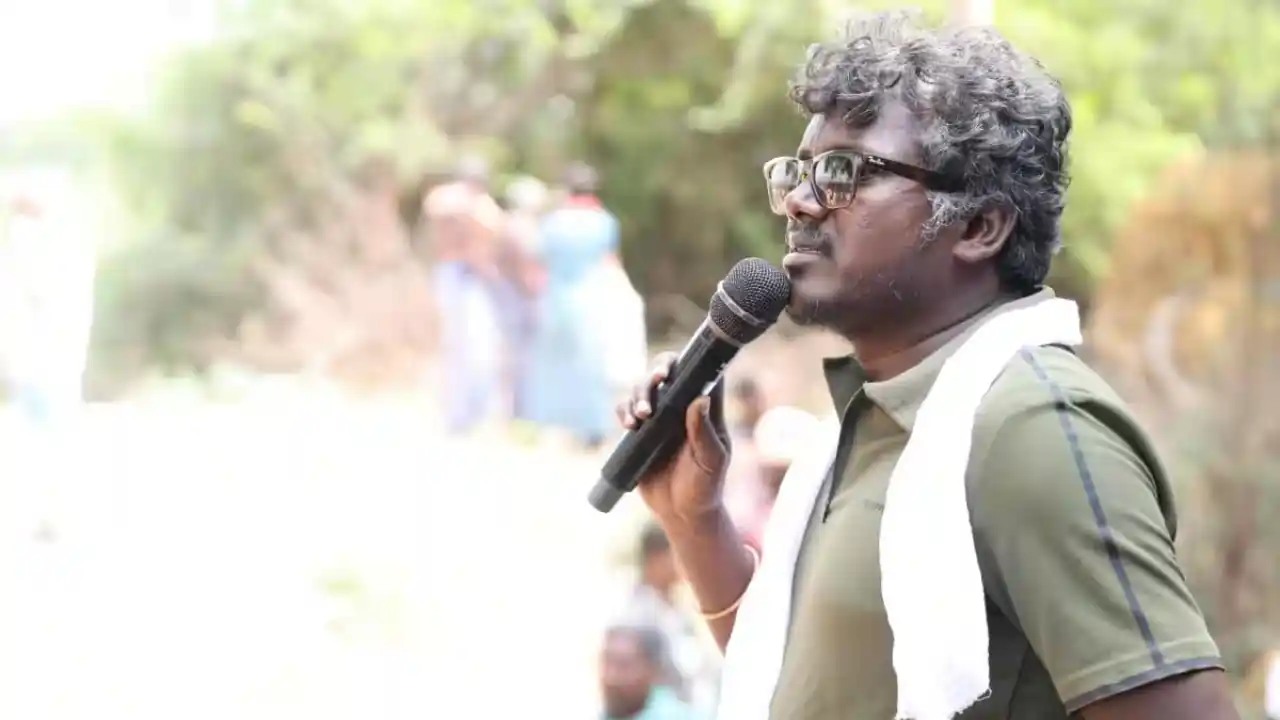
Director Mari Selvaraj Interview: Vaazhai is testament to my happiest day and most painful tears | EXCLUSIVE
8 months ago | 99 Views
When M4 was announced as Vaazhai, the first look poster did not brandish any stars, but lush greenery and a couple of young boys standing amid banana plantations. It was unlike Mari Selvaraj's previous films, including Pariyerum Perumal, Karnan, and Maamannan, which had a factor beyond Mari, to get you hooked on to the project. It also feels like a complete circle for the director, when he zeroed on Vaazhai which is derivative of his life, and based on some of the painful instances that happened to him.
So is the pressure there for Vaazhai as well, I ask him.
“I am very excited because I have done a film on myself and it is going to release. Everyone I know are going to see it and I am curious to know how they will react, and how will they start seeing me,” he replies.
What is the reaction he is expecting?
“I cannot tell that nor can I wish how people should perceive it. Such a creation can also not be made. When is it an authentic statement, and after they react, can we come to a conclusion. How people think is not something that we can be forcefully fed,” Mari Selvaraj adds.
Mari Selvaraj Interview for Vaazhai
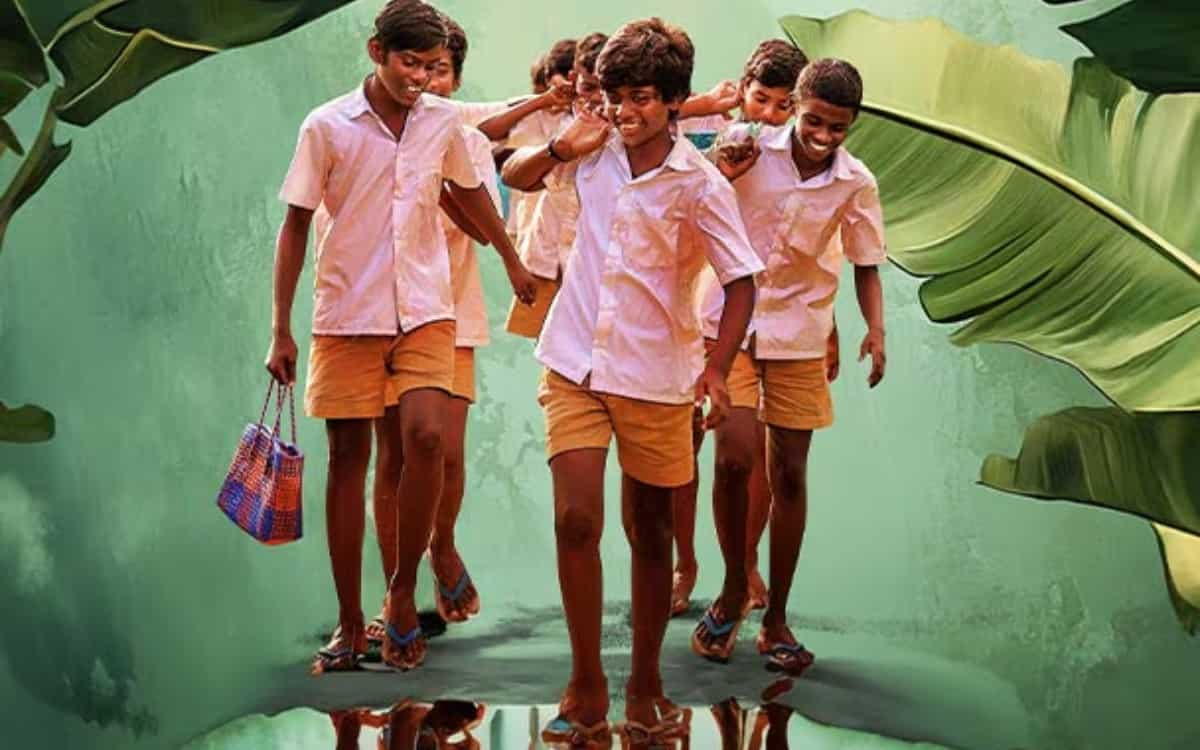
Vey much during the releases of Pariyerum Perumal, Karnan, and Maamannan, Mari Selvaraj says how the pressure remained the same during Vaazhai release too. “Those films had another person to handle the pressure along with me, either a star, producer or someone else. But for Vaazhai, the pressure is more because I am the director, producer, and main face of the story. The days I shot this film, I witnessed more pressure, especially during the shooting of climax which was disturbing. I might have shot three films before, yet I found it emotionally pressurising. But I was able to manage and take control of my craft. But I am very happy that I have completed this film,” he adds.
Mari Selvaraj comes from the school of thought that films are just beyond two hours of entertainment. Rather films are mode of one’s thinking, impact, and lots more. He credits to watching the 1966 Italian-Algerian war film The Battle of Algiers while he was working as assistant director. "Back then, I did not have English knowledge, and I only saw the visuals. I don't even know why I saw that film. But I had written the story about the film in a magazine. From the first frame, the film shocked me. It starts with a few boys being trapped, followed by destruction. It made me think a lot, about its execution, grandeur, and ideology. Following this, it made me think more about making films that move me. That is how I choose my stories too.”
‘Your oppressors see your films too’
Mari Selvaraj’s films may have protagonist leading the show, but it always those secondary characters who adorn the empathising moments that humanise the heroes. Be it Paraiyan’s father, Athiveeran’s relationship with the pigs, and affectionately constructed scene with Lal and old lady in Karnan, Mari Selvaraj says it is important to have these characters to know the lives he is showing in his films. The filmmaker continues, “When you decide to tell the traumas and celebrations of a particular life, you also have to tell the innocence and how much they are really pure. And what have dragged them into. Films are not only watched by the oppressed but also the oppressors. So you need to show them the lives the subjugated have lived.”
The director denies for whom films are being made, and rather towards what they are being made. “Towards what the films are being made, to change what the films are being made are what we need to see. It is criminalising to ask films are being made for whom. No creations are made for particular people. They are being made for society which includes everyone. Someone could understand it today while others tomorrow. They might own it time to time. I have celebrated many films in the childhood, and now I am against it after I have learnt many things. As times change, films can also have a change in viewership.”
‘My utmost painful tear is Vaazhai’
Mari, who is 41 years old, says Vaazhai is the day he cried the most, was the happiest, and also when he raised so many questions. Revealing how shooting the climax portions gave took the most out of him emotionally and mentally, he continues, “Those who want to understand me, will get to do when they see the film. If you see the film, you will understand. But that apart, if you can realise how would that person felt during that time, and what made him get disturbed.”
So, what he considers the success for his films? Mari Selvaraj says his first victory is when a producer or hero accepts his story. The next level would be the film getting released and even if 10 people see his films. “The film is out there and it would do its job. I want this story to be told, and once it gets converted into a cinema, my wish is fulfilled.”
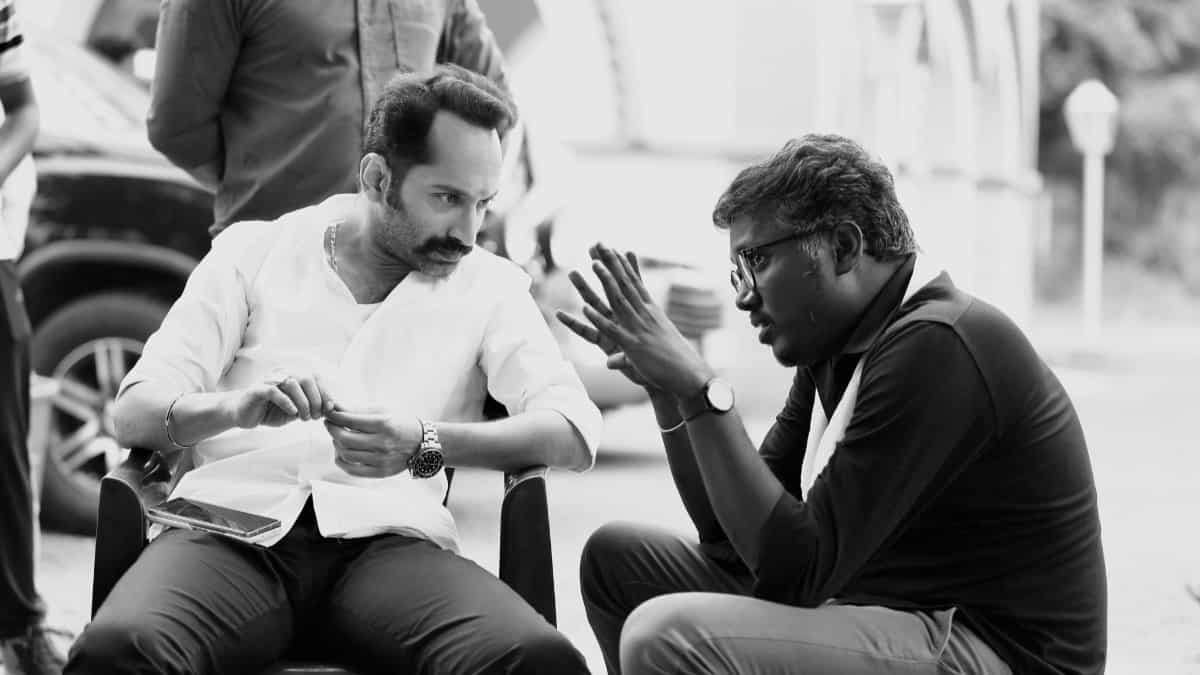
But what about the times when his films were celebrated for different reasons, say when Fahadh Faasil’s casteist Rathnavelu from Maamannan was adored by many. “It is not that people celebrated the villain; it was shown that way. Had they celebrated only the villain, the film would not have created this much impact. Villains are being celebrated in many films. In every commercial cinema, only when villains get celebrated and clapped, it works out. The reason why it was talked more in Maamannan is because it goes against Mari Selvaraj. I am exposing the mindset of those celebrating the villain and you need to question why they are doing that. If someone can give an open statement because they are celebrating Rathnavelu. If that statement is accepted, then that is success.”
Mari says he never believes making films catering to a particular audience only. "My films are for all. That is why I don't make films with A certificate. I can go to the extremes if I want. But I want every sect of mankind to watch my films,” he adds.
Mari also feels Vaazhai is not a film that he would want his parents to watch. Why? "My life's most important part is Vaazhai, which means my parents also would have been involved in it. They might want to come past it. I do have some nervousness regarding it,” the filmmaker says.
‘Bison is fictional story’
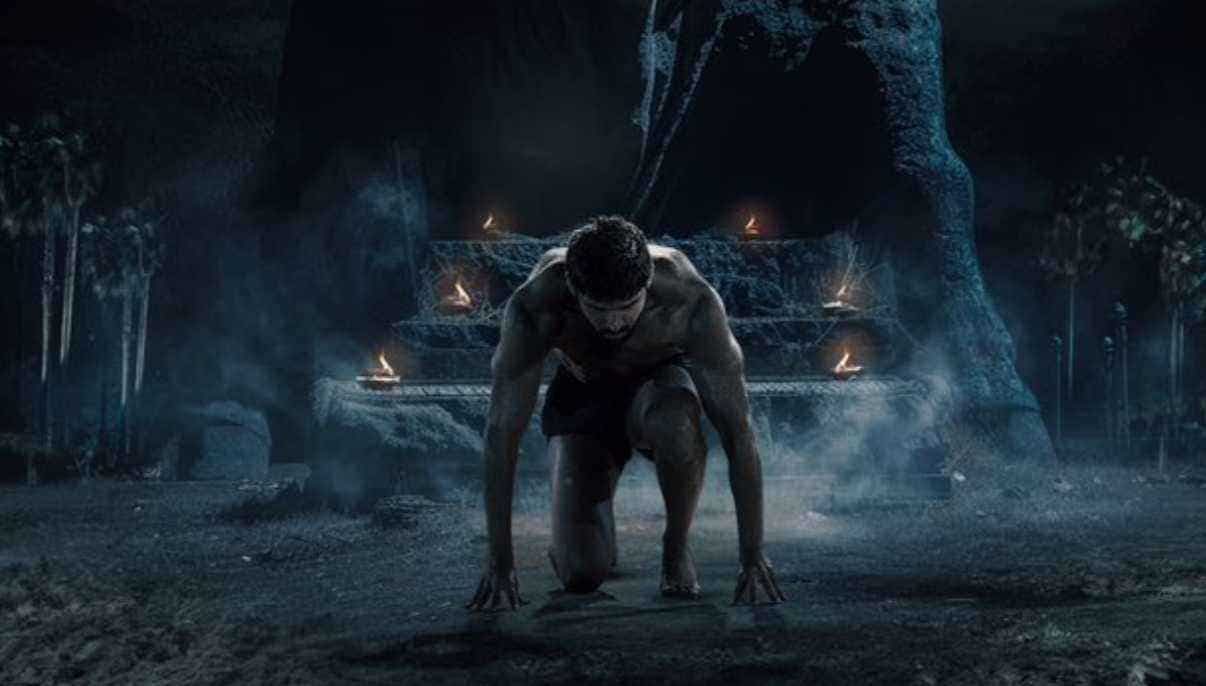
Up next, Mari is working with Dhruv Vikram in Bison, a film based on kabbadi. "I don't make films by genres. I did not make Maamannan to make a political film. It is a father-son story, and since Udhay sir was part of it, I could develop the political backdrop. In case of Bison with Dhruv Vikram, I thought of doing a film adhering to his physique and strong suits. I decide my story first and then choose the milieu in which it would work best."
# MariSelvaraj # KamalHaasan


